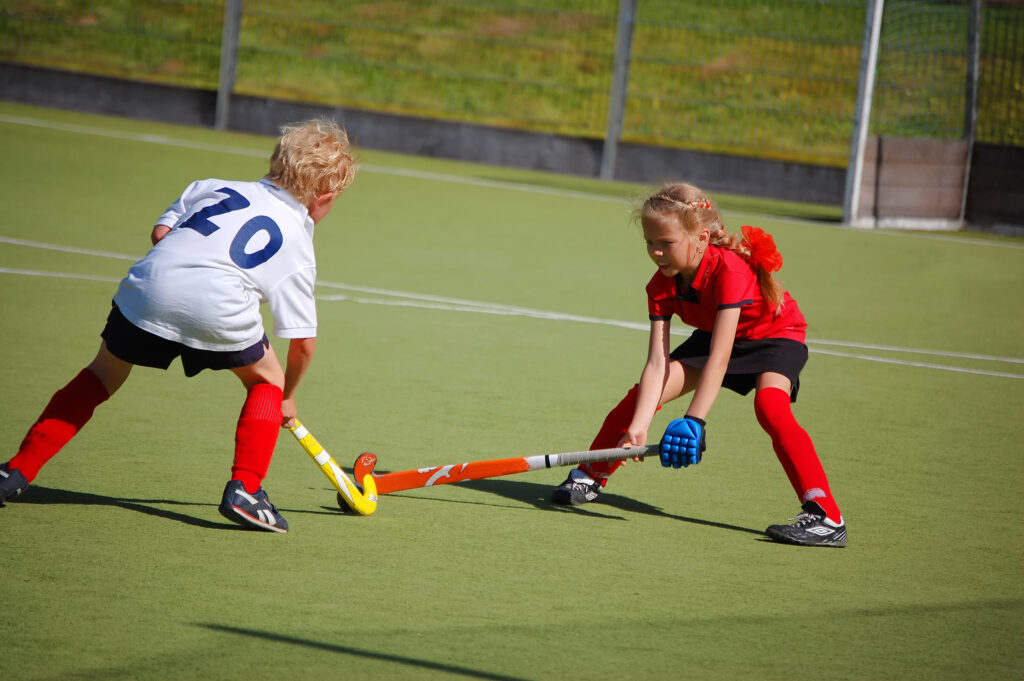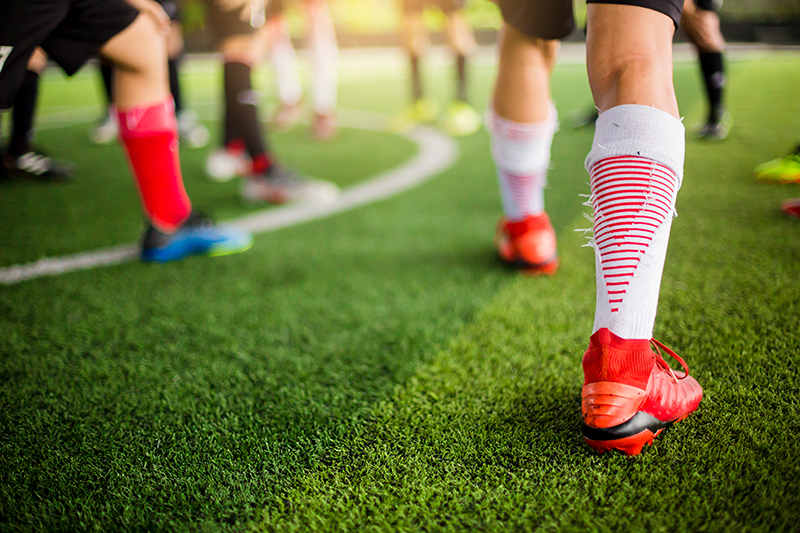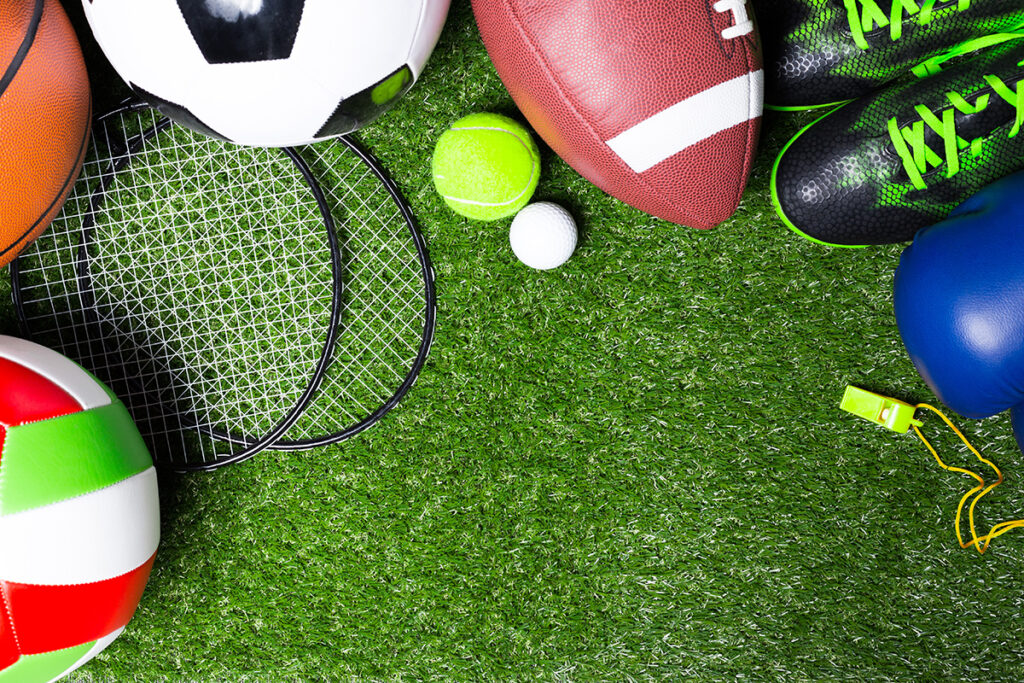Athletes are always striving to be the best by staying conditioned and training long hours in their chosen sport. Athletes who want a competitive edge can also emphasize providing their bodies with proper nutrition. Proper sports nutrition could improve strength, endurance, and concentration.
Nutritional Needs For An Adolescent Athlete
The individual nutritional needs of a young athlete can be provided by a nutritionist or his/her pediatrician who will take into account age, growth, sport, and other medical considerations. There are, however, general guidelines that a young athlete can adopt to enhance the performance of his or her body during sports.
Hydration For An Adolescent Athlete
Water is essential for everyone, but especially athletes as they lose water faster by sweating and require extra water to keep their bodies cool during exercise. Generally, individuals need 64 ounces of water a day and if athletes are losing fluid through workouts/games, they will require more. Examining one’s urine can help determine if more fluid is necessary in an athlete’s diet. Urine should be light in color and maintain normal amounts during the day. If an athlete notes dark urine, in small amounts, it can be an indication of inadequate water intake.
The Daily Diet For An Adolescent Athlete
Carbohydrate Intake
Carbohydrates should comprise approximately 60 – 70% of a person’s diet as they provide energy to body tissue. This energy is used for endurance and power. If the body does not have a sufficient amount of carbohydrates, it begins to utilize other sources of energy. Carbohydrates can be found in foods such as fruits, vegetables, pasta, breads, and more.
Protein Intake
Proteins should comprise about 12 – 15% of a person’s diet. When protein is used by the body, it provides power to an athlete. Unfortunately, excess protein cannot be stored. As protein in the body. If the body depletes its store of carbohydrates, it will utilize protein for energy. However, if the body still has stores of carbohydrates available for use, extra protein will then be converted to fat. Several variables help to determine how much protein an athlete needs to consume for a healthy balance. Proteins are found in meats, fish, poultry, eggs, nuts, and beans.
Fat Intake
Your body only needs a small amount of fat to function properly, but fats are also necessary for energy. There are different types of fat – saturated fats are typically found in animal-based foods (meats, cheeses, milk) and unsaturated fats are found in vegetable products, such as certain types of oils. The body’s utilization of fats depends largely on the intensity and duration of the activity an athlete performs. Before athletic competitions and big games, an athlete may need to alter his or her diet for optimal performance. Generally, the following are simple principles that can be helpful:
- Eat a larger number of carbohydrates before the event
- Any solid foods on the day of the event should be stopped about 4-5 hours prior
- Sugary drinks should be avoided within an hour or two before the event
- Increase the amount of water before and during the event
The Pediatric Orthopedic Center & Sports Nutrition
Resources for specific dietary changes before major athletic events can be discussed with a nutritionist or primary care physician. It is important to stay informed for safe and successful sports nutrition.
The Pediatric Orthopedic Center is the premier NJ hub for pediatric orthopedics, with three offices throughout northern NJ. Having been the leader in pediatric orthopedics in this area for 30 years, we are the largest and most award-winning pediatric orthopedic practice in the tri-state area.



